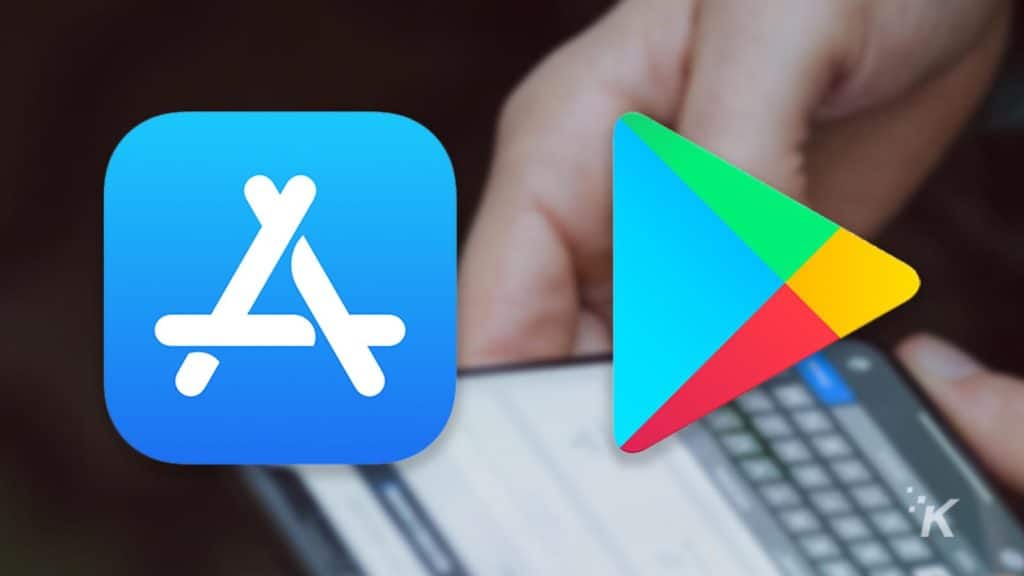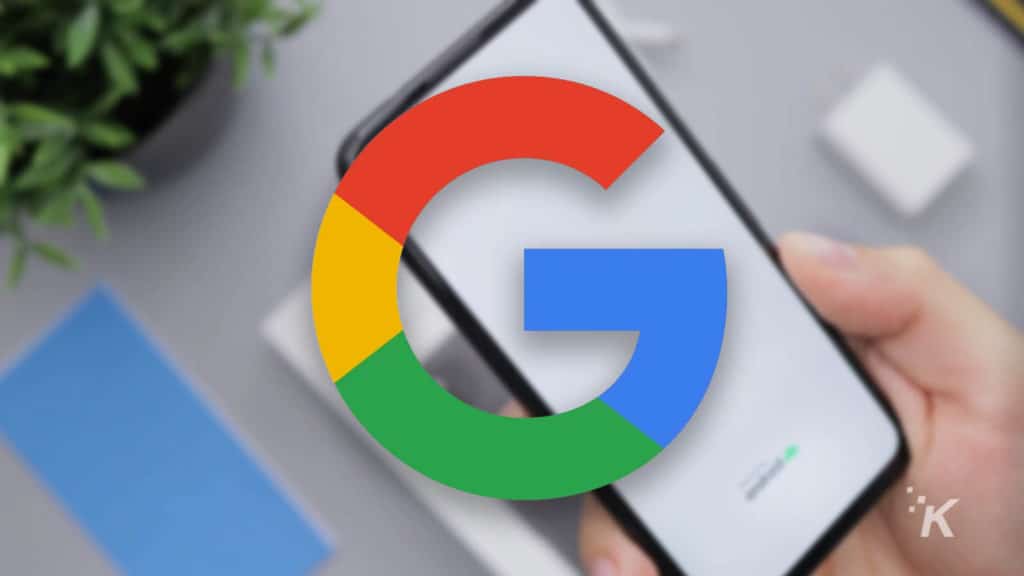Google halts updates for Korean app over third-party payments
Google has stopped South Korea’s largest messaging app from providing updates after it introduced third-party payments.

After its developers introduced an external payment system, Google has stopped providing updates to KakaoTalk, South Korea’s largest messaging app.
KakaoTalk holds a dominant position in the South Korean messaging market. It reaches an estimated 93 percent of the South Korean population. The app has also made significant inroads into other East Asian markets.
Its ban from the Google Play Store comes after it introduced external links, allowing consumers to make in-app purchases directly from the KakaoTalk website.
KakaoTalk’s presence on other app stores, including the Apple App Store, remains unaffected. However, its developers have responded by allowing users to directly download KakaoTalk, thereby circumventing the Google Play Store entirely.
The ‘Google Tax’

Much like Apple’s App Store, Google requires developers to use its own billing system to sell digital goods.
By virtue of its payment system monopoly, Google can extract steep fees from developers. It takes a 15 percent commission on the first $1m of sales. Its commission jumps to 30 percent beyond that point.
This arrangement has proven highly controversial in recent years. Although Google and Apple both justify their payment rules as a necessary measure to protect consumers and ensure the long-term health of their application ecosystems, many third-party developers and lawmakers disagree. Their policies are often described as unjust monopolies designed to stifle competition.
Google faces antitrust investigations in several European jurisdictions, including in the UK and the Netherlands.
Last year, thirty-seven US state and district attorneys filed suit against Google, accusing it of unlawfully maintaining a monopoly on its app store. This case is ongoing.
Google — much like Apple — vociferously contests these actions. But its protestations have failed to prevent legislatures from taking their own measures.
The Anti-Google Law

Last year, the South Korean National Assembly approved the so-called “Anti-Google Law.”
The bill — officially known as the Telecommunication Business Act — prevents app store owners from forcing developers to use their own in-app payment systems. This landmark legislation is the first to open Google and Apple’s marketplaces to competition.
The bill’s language allows developers to use third-party payment methods — like Stripe and PayPal — alongside Google Play.
Google has attempted to comply with this legislation by allowing developers to include third-party payment systems alongside Google Pay. But, as it is written, Google’s policy effectively prohibits developers from taking payments with an external link.
It’s worth noting that in April, South Korea’s telecommunications watchdog, the Korea Communications Watchdog, clarified the bill’s language. It explicitly said developers were permitted to take payments using external links.
It’s unclear whether other South Korean apps will fall afoul of Google. Nor do we know how South Korea’s telecommunications and competition regulators will respond. But we’ll update this if, and when, more information is available.
Have any thoughts on this? Let us know down below in the comments or carry the discussion over to our Twitter or Facebook.
Editors’ Recommendations:
- Apple’s mixed-reality headset is real, but not coming until 2023
- FCC commissioner urges Apple and Google to ban TikTok
- Nothing opens preorders for its Phone 1, but there’s a catch
- This search engine is basically Google but for facial recognition
























